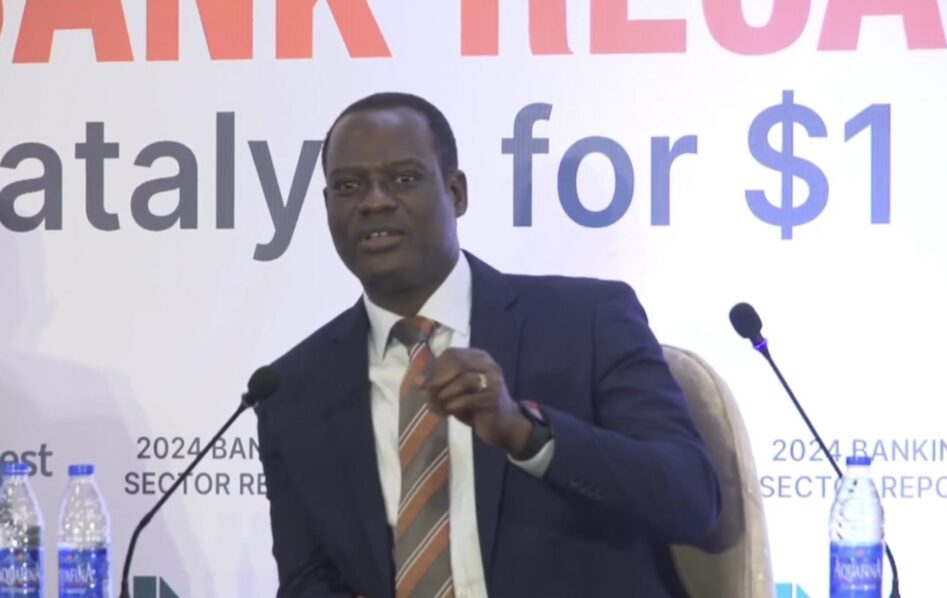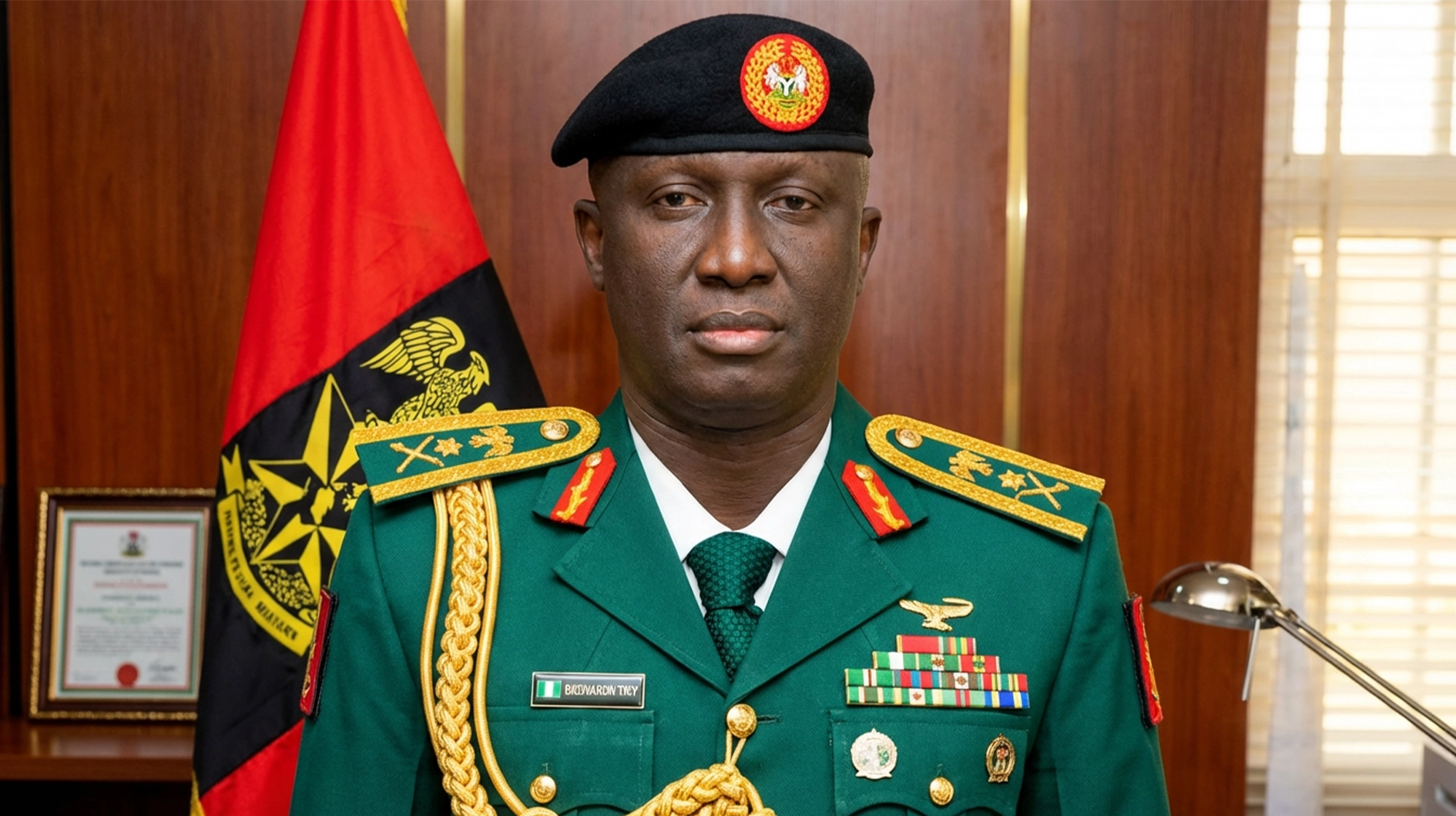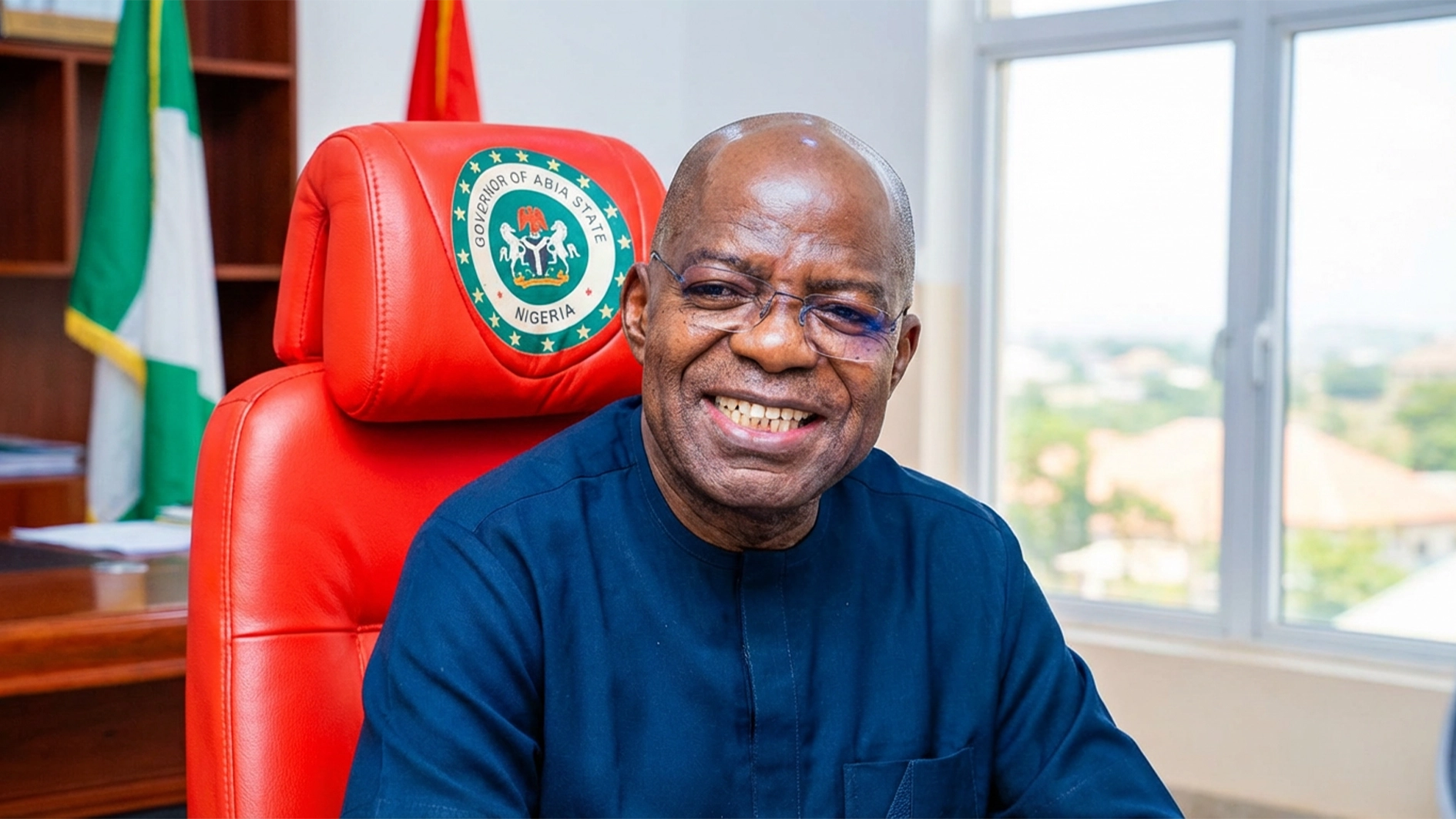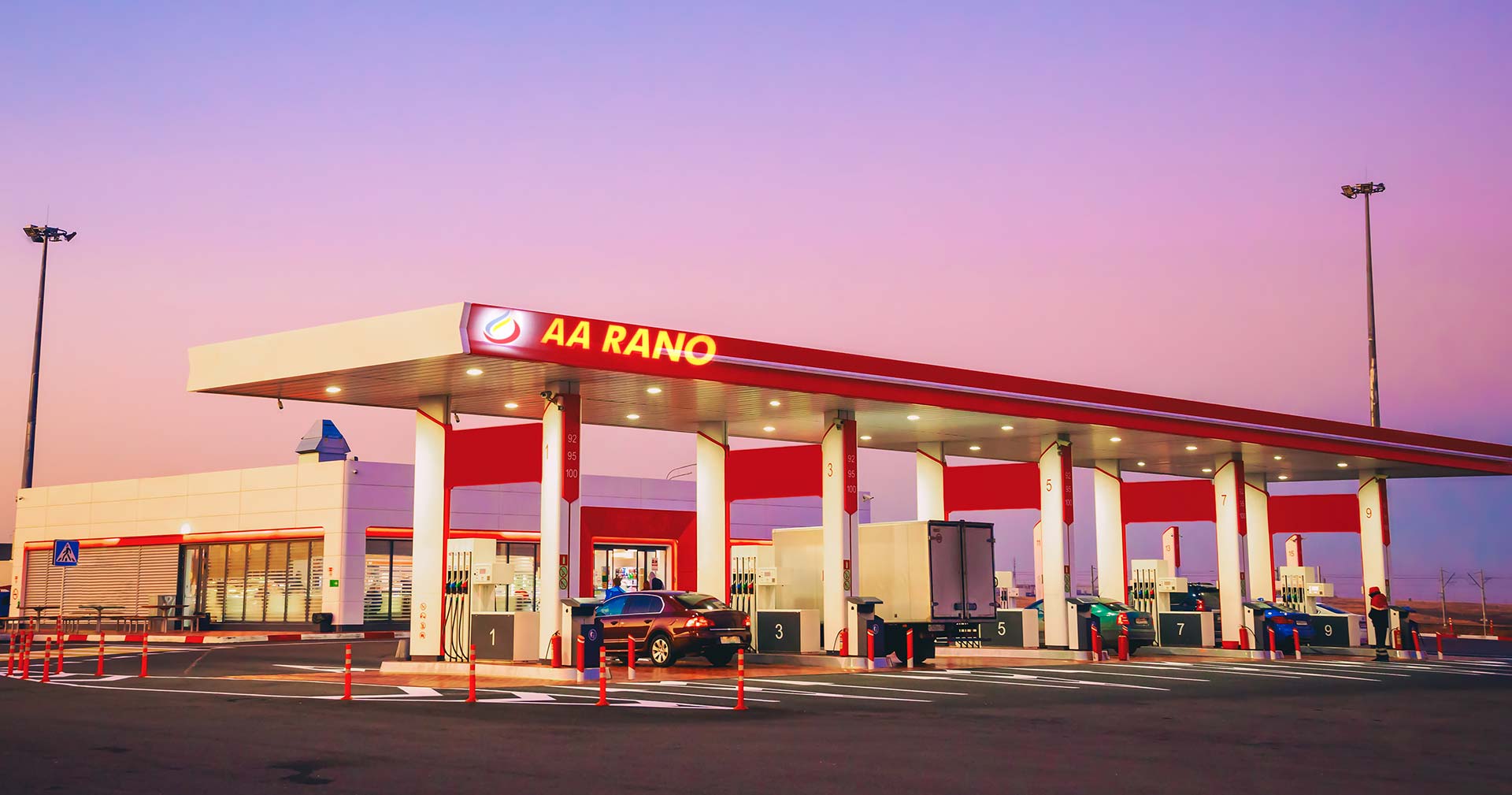
The Chairman, Presidential Fiscal Policy and Tax Reforms Committee, Taiwo Oyedele, on Wednesday, said that with the right progressive reforms, economic efficiency, competitiveness, harmonisation, and transparency, Lagos can generate up to ₦5 trillion annually as Internally Generated Revenue (IGR) to fund infrastructure, education, and healthcare for Lagosians.
Delivering the keynote speech at the launch of the Lagos Economic Development Update (LEDU) Report, Oyedele, who stated that the report is not just a document but a roadmap for the future of Lagos—a future of shared prosperity, inclusive growth, and sustainable development—noted that for all its size and economic influence, Lagos is not generating enough revenue to match its ambitions.
He stated that this is not just in comparison to other Nigerian states but relative to similar economies across Africa and the world.
Oyedele observed that though Lagos is big, its revenue is small, collecting less than 2 percent of its GDP.
“While some progress has been made, we still have a big room for improvement, and the time to change this narrative is now.
“To achieve its full potential, we must build a revenue system that is: Equitable – ensuring that the tax burden is fair and progressive, protecting the poor and vulnerable while the rich pay their fair share.
“Efficient – leveraging technology to simplify tax collection and compliance.
“Transparent – fostering trust by ensuring that every naira collected is accounted for and used wisely.”
Oyedele suggested that the three transformative pathways to revenue mobilisation in Lagos are property tax, personal income tax, and tax harmonisation.
According to him, Lagos can generate a minimum of ₦1 trillion annually from property tax alone.
“A better approach to taxation is not to tax the seed but the fruit. Let businesses grow, and tax them fairly on their successes. A fragmented tax system breeds confusion, inefficiencies, and compliance resistance. Lagos must simplify and harmonise its tax administration.
“Beyond formal taxation, we must address informal levies—especially those imposed by non-state actors—that increase the cost of doing business without adding value to government revenue.
“Tax harmonisation is not just about revenue—it is about transparency, efficiency, and ease of doing business. When businesses and citizens trust the system, they are more likely to comply.”
In his opening remarks, the Commissioner for Economic Planning and Budget, Ope George, said the launch of the 2025 Lagos Economic Development Update (LEDU) presentation is a pivotal moment for evaluating the state’s economic progress and setting a course for sustained growth and resilience.
“Lagos remains the economic heartbeat of Nigeria and a major driver of Africa’s prosperity. However, as economic realities evolve, so must our strategies. Themed ‘Lagos Economic Outlook: Charting a Resilient Path Towards a Sustainable Future,’ this year’s LEDU underscores our commitment to evidence-based policymaking, fiscal sustainability, and inclusive development.
“This report provides critical insights into macroeconomic trends, sectoral performances, and emerging challenges, aligning with Governor Babajide Sanwo-Olu’s ‘Budget of Sustainability’—which prioritises economic diversification, social inclusion, and infrastructural advancement.
“The findings will inform policies that strengthen our economy against inflationary pressures, revenue constraints, and global market shifts. Today’s discussions are an opportunity to harness collective expertise—from policymakers to industry leaders—to drive actionable solutions for a more prosperous Lagos,” George stated.
On her part, the Permanent Secretary of the Ministry of Economic Planning and Budget, Mrs. Olayinka Ojo, in her welcome address, observed that as the economic nerve center of Nigeria, Lagos continues to set the pace in development, innovation, and investment.
“However, as we navigate the complexities of a rapidly evolving global and national economy, we must address macroeconomic uncertainties, inflationary pressures, fiscal constraints, and global economic headwinds. This update provides a data-driven analysis of our economic performance while outlining strategic policy directions to ensure long-term stability and prosperity.
“Building on the foundation of previous editions, the 2025 LEDU Report offers critical insights into key economic indicators, including capital importation, inflation, fiscal sustainability, labor market dynamics, and revenue generation.
“More importantly, it highlights the interventions necessary to accelerate progress in infrastructure, energy, social protection, skill development, and climate resilience—all of which are integral to achieving the goals of the Lagos State Development Plan (LSDP).”






